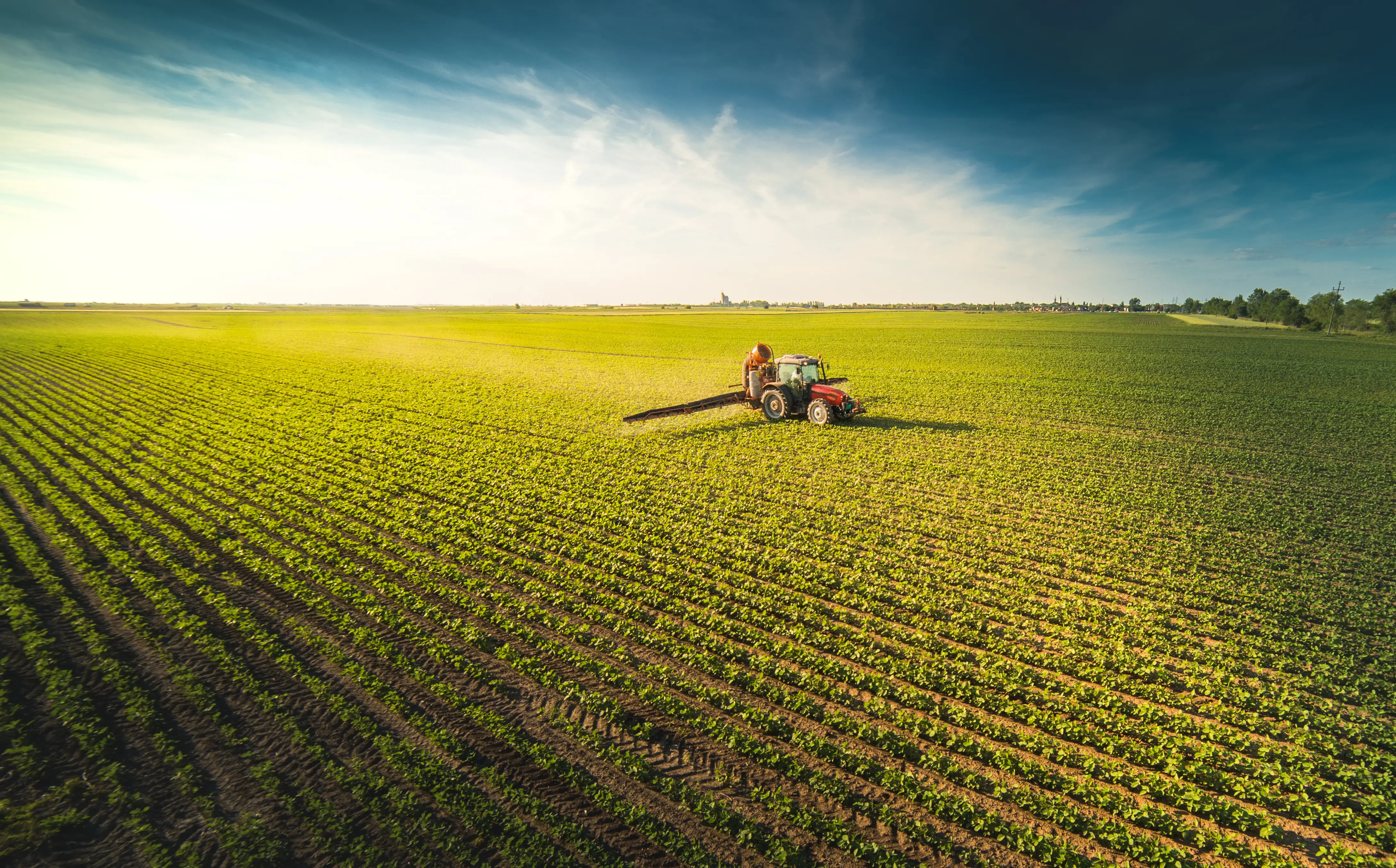INSURANCE | 18.02.2020
Why subsidize crop insurance?

Emma Lage
Head of Agricultural Department of MAPFRE RE
As inhabitants of cities, we don’t tend to consider the following concept: Cities do not produce the food that their inhabitants consume and need. It is a reality inherent in the very concept of a city, which the RAE defines as “a collection of buildings and streets, governed by a town hall, whose dense and large population is usually devoted to non-agricultural activities.” But the fact that we don’t consider this doesn’t make it any less true. It’s thanks to this that people are cultivating the land and producing food in rural areas that the inhabitants of cities can afford not to worry about their supply. And we may not be aware of the world’s farmers when we go to the supermarket but even the most manufactured, processed and industrial product we find on the shelves has been produced from raw materials that were grown from the land. Agriculture is the only way for humanity to feed itself. Cultivated plants make up 80 percent of the food we eat. Could there be a sector which is any more strategic than this one?
Nevertheless, living from agriculture is becoming increasingly difficult. As well as market risks (that the final product price does not cover production costs, for example) we must also include, climate risks (hail, frost, drought, floods, etc.), among other things. Many factors can compromise the economic viability of a farm. Often the harvest represents the producers’ annual salary and is exposed to all kinds of phenomena that reduce it or demolish it overnight. And a bad year may not just compromise the current harvest, but also the possibility of continuing to sow seeds the following year. Despite all the technological advances, which are many and varied, world food production is still dependent on the sky and the earth.

In order to prevent the abandonment of agricultural activity and to stop the rural exodus, thereby protecting national agriculture as a strategic food production sector, many countries support their farmers with extraordinary aid in times of crisis. But some countries, such as Spain, the USA, Canada, Turkey, and Brazil to name just a few, are opting for a much more efficient, fair, and effective climate risk management system in agriculture. They encourage their producers to purchase crop insurance, by subsidizing a part of the premium which, due to the mere nature of the risk, is high compared with that of other types of policies.
By subsidizing a portion of the premium paid by farmers, the state can budget the money it will spend each year to sustain the producer sector against climate risks and transfers to us, the insurance and reinsurance industry and risk professionals, the loss ratio deviations that inevitably occur when the catastrophe takes place. And as citizens, we all contribute to farmers continuing to be able to produce food, at the same time as preserving the environment and populating rural areas while the majority of us live in cities.
